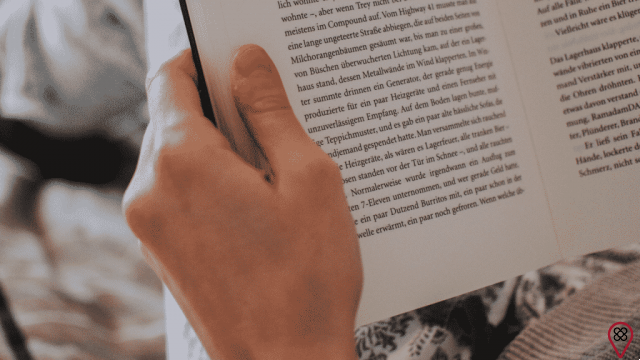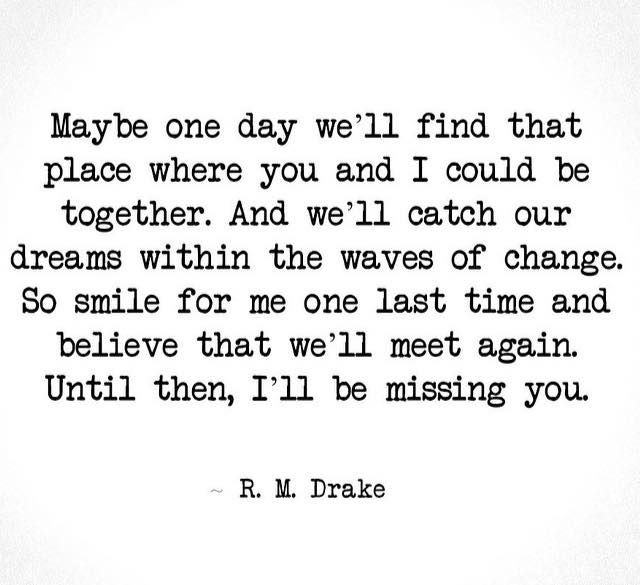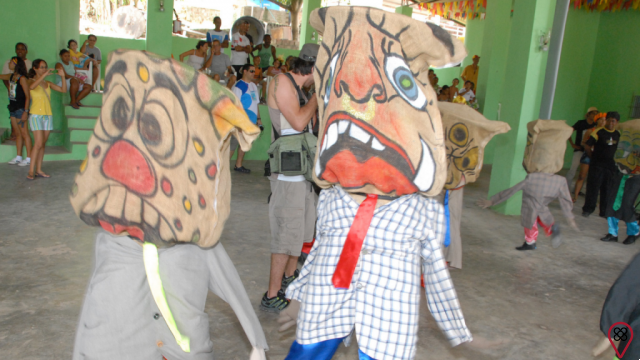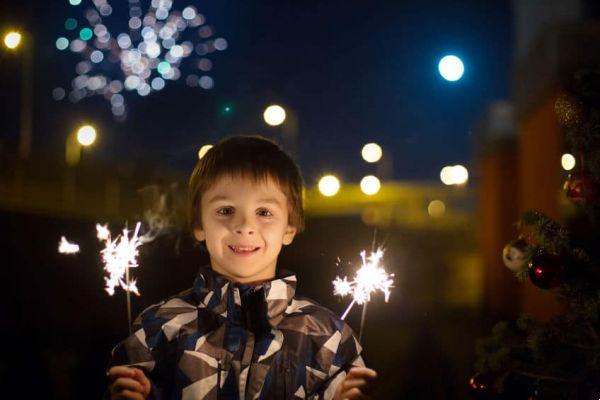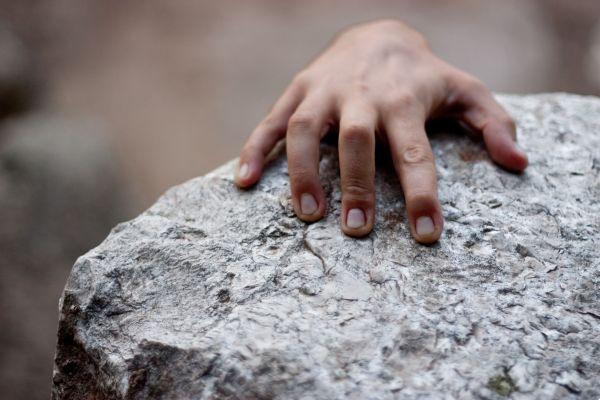Regina Hostin was born in Blumenau (SC), graduated in journalism and had experience in different workplaces. She sought peace and above all she always tried to feel good about what she did. If she didn't feel happy, she would change: start a course, travel. But she didn't allow herself to just wait for time to pass.
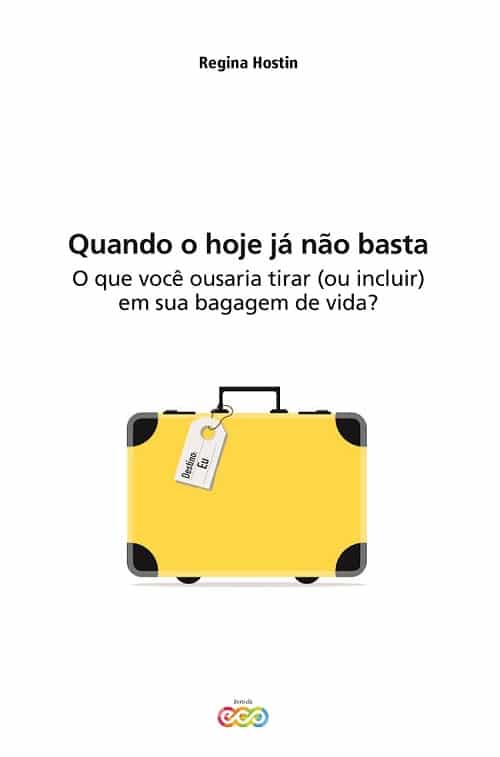 Recently, Regina launched the book “When today is not enough” through the crowdfunding of the Eco do Bem platform. In the book, she talks about experiences, anxieties, travels and what she learned and lived until today. We chatted with Regina and below you can check out this wonderful chat:
Recently, Regina launched the book “When today is not enough” through the crowdfunding of the Eco do Bem platform. In the book, she talks about experiences, anxieties, travels and what she learned and lived until today. We chatted with Regina and below you can check out this wonderful chat:
Me without Borders: Tell me a little about yourself. Where were you born, raised, lived?
Regina Hostin: I lived almost always in Blumenau (SC), where I was born and where I made successive attempts to leave. It was me and a sister and a brother. I had a colorful childhood on a street with no sidewalk, lots of empty lots and lots of trees that turned into houses during the day. Life didn't require flip flops or a watch or good weather to leave the house. What mattered was the presence of friends. I always studied in public school. I loved going to the streams to take a bath during the Blumenau summers. I have always had a lot of contact with nature. Around the age of nine, we moved to Navegantes, on the coast of Santa Catarina. If life was already good, it got even better. The smell of the sea, the fruits, the cashew, the araçá, the games in the empty summer houses, the friends' bicycles, the legends of the small town, the adventures in abandoned cemeteries and the greatest joy: see the stars lying on the beach sand. We were free, without fears or threats or bars in the houses. With my friends, I lived a world apart, full of stories. But it was only nine months by the sea, enough to fall in love forever. We returned to Blumenau. As a teenager, I studied teaching because I thought one day I would be a math teacher. Finally, I studied Journalism.
ESF: What for you was one of the questions you took on a daily basis to try to have a more meaningful life?
RH: I didn't think much about this question of meaning until I was 40. Even so, she always made choices with her heart, for what she really liked. From traveling to the professional world, he wasn't afraid to go, take risks and change. But when they reached 40, I started to question why go every day to a certain place called work? What was the reason for that? What was I impacting on my transform? And then the thing caught on. I didn't find answers and I came across a very big void. So, in 2011, I left the company I worked for in São Paulo and went on a sabbatical. I got a scholarship and started studying Ecological Literacy at Schumacher College in England. I wanted to take a different trip and learn something totally different. And it was magical. The days at school, the learning, the colleagues, the routine, everything showed me how much I needed to reconnect with myself.
ESF: You always tried to change jobs when you felt something was missing. How was this whole experience?
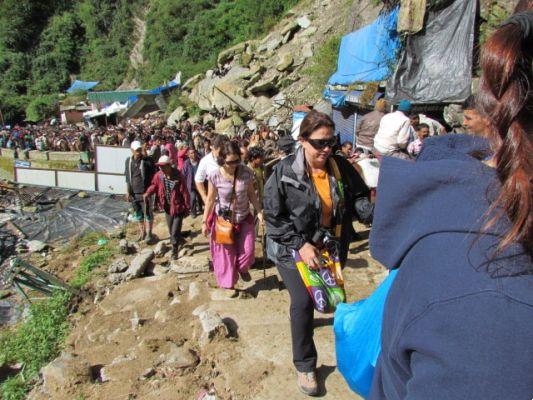
RH: It happened naturally. When I had no more enchantment, I didn't martyr myself: I packed the guitar and left. I never had anyone to pay my bills, but I never had many bills either. So, whenever I went out, there were much nicer opportunities. Things happened naturally. My parents were very insecure, but the thing flowed. After my sabbatical, it was a little more difficult. I came back from India and soon joined another big company. But I only stayed three months and left. But making the decision to leave was no longer so easy. I was afraid of running out of health insurance, I was afraid of not being able to hold any job anymore, I was even afraid of not being called for any selection process anymore.
ESF: In the book you launched, you tell a little about your experience, your search. What was it like writing this book?
RH: In fact, there were many phases. I had several notes. I've always had the habit of writing down perceptions, feelings, discoveries. On trips, he always carried a notebook (journalist thing). In the sabbatical period, this intensified. I wrote down a lot of things and, as I talked to people about what I had experienced, they would say: “Why don't you write a book?” Gradually, I felt that my experience could perhaps help others who were going through a big change. So I dedicated myself to putting together everything I had written. I spent a year doing this little by little. One day I made up my mind and set a deadline. “In three months, I'm done,” I told myself. I didn't accept any freelance work in this period and focused on finishing the writing. When everything seemed ready, after reading and rereading it many times, I looked for professional partners to review, diagram, illustrate, print, etc. Until the day it was time to release it to the print shop. Huh! It took a lot of courage and detachment. This part was very difficult. And then I started another phase. I already had the idea of crowdfunding. And it was beautiful! It was magical. Having 163 people supporting my idea added another dimension to the book within myself. It wasn't just writing and putting it in a bookstore. It was to tell my dream and see my friends, colleagues, family and even those I didn't know along with me in this experience.
ESF: How was the audience's response? What else did they write to you, identifying themselves or not?
RH: I get messages every week. People write about their lives and vent. Many times they are grateful, others say how much my words have contributed. And this is priceless. Reader emails make up for everything. Last week, a classmate told me, “Your book gets into us. I want to travel with you one day.” This makes me sure that that child who lived with a pad and pen in his hand had to write a story.
ESF: I believe that seeking a meaningful life has been the search for many people. And a lot seems to start at work. What do you have to say from your experiences?
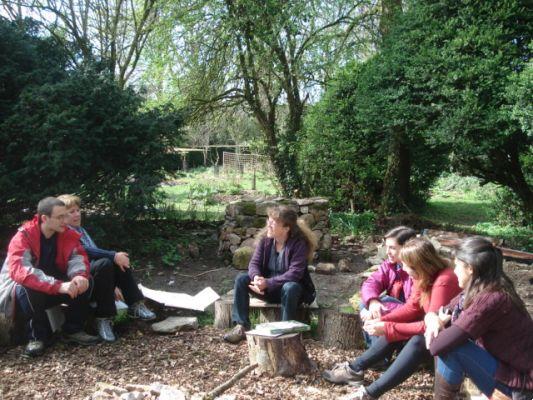
RH: Maybe it starts at work because that's where we spend most of our time. But the current working model is expired. Work consumes a person's entire life time without him realizing it.. And when you realize what you're living for, you start to question yourself. What am I waking up to every day? What's the point of spending so much time at work? Why am I leaving my children at day care every day? Why haven't I had lunch with my parents in so long? Why did I leave the dance I loved aside? When not finding answers, a great desire to change can arise. Recognizing this profound disruption of personal and professional lives is tricky as well. Many people no longer want to wait for vacation or retirement to do what they love most.
Another important point is that it is not just about being or not within a company. There are dissatisfied with the chosen profession everywhere. Because? Because the chosen profession no longer makes sense. For example: he studied, struggled and became a psychologist, but in reality he wanted to be a gardener. But the choices he made in the past in the name of a career that was said to be promising crushed his dreams and his desires, which, in reality, were to be in touch with the Earth and to be a gardener. And, suddenly, this begins to emerge in such a strong way that the person feels that he needs to change, to train himself for another profession, to rescue the abandoned dream. But then... courage may be lacking because the world will label this person crazy when changing professions.
ESF: How do you feel today? Is happy?
RH: I work with different things, I am always studying and I try to keep in mind what is most important to me: having time, being with people, walking, meditating. These are things I like and I don't want to give up. But, but… not everything is perfect. The transition has no end. People are always changing. Sometimes the discomfort reappears. Not with the strength of the past, but it comes back. I don't regret any choice. I would do it all over again. The good thing about it all was the learning and especially discovering that happiness is in the simple. It's what we value. It is in the moments when we can put mindfulness. The good thing is knowing that it is possible to be happy, but, of course, this is not a constant.
ESF: What did you learn most from your travels? What do you bring in your luggage?
RH: I unlearned and learned a lot. But the main learning is to discover the long path I have ahead of me on the journey of self-knowledge.
ESF: Health, family and friends have been one of the issues that many people have given priority to. Do you agree?
RH: Yup. It's because it makes sense. Looking at yourself, valuing the first home that shelters you, that is, “your body”, as well as relationships with family and friends… This makes sense. That's what matters, that's what nourishes. As well as looking and feeling nature. The reconnection with oneself, with the other and with nature is the tripod of our essence.
ESF: What do you seek for your self-knowledge?
RH: I practice silence, meditation, which helps me a lot. Many answers are within us. And I also read a lot and talk to people who have a lot to teach. I'm always interacting. I love people.
ESF: Leave a message:
RH: If you feel very uncomfortable, change. Don't wait for the ideal moment, "when" and "if". It's possible!
Interview conducted by Angelica Weise from the Eu Sem Fronteiras team.



